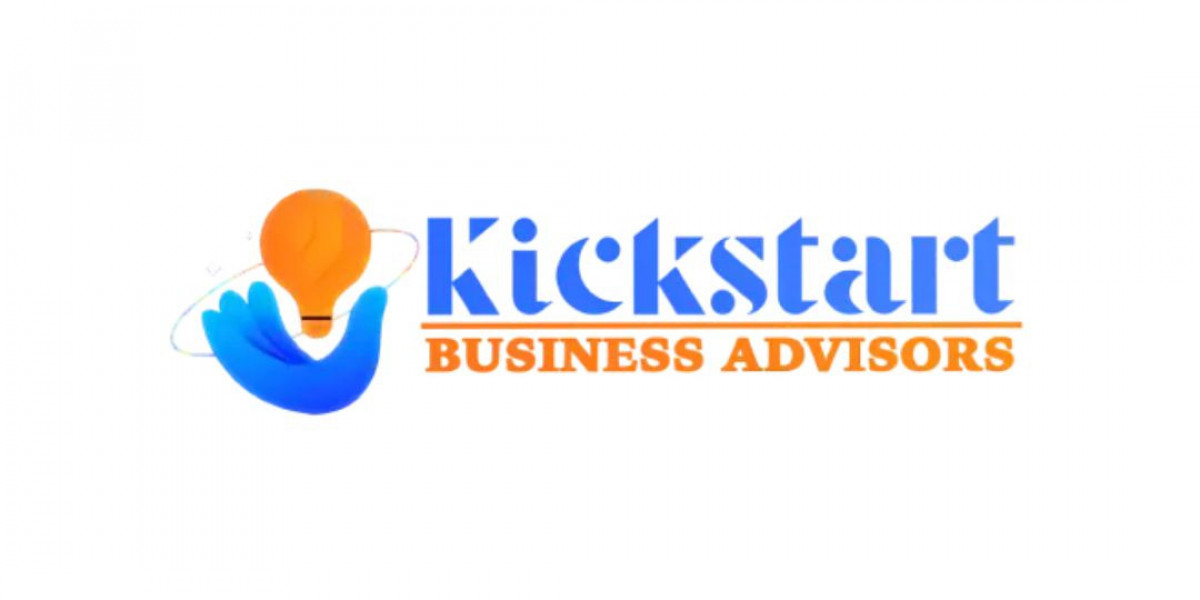Starting a business in the pharmaceutical sector is not just about investment, product quality, or marketing—it begins with legal compliance. One of the most essential requirements for any business dealing with drugs, medicines, or cosmetics in India is obtaining a Drug Licence. This licence is a mandatory approval from the authorities that allows a business to manufacture, distribute, or sell pharmaceutical products legally. Without it, operating in this sector can lead to penalties, legal consequences, and a loss of credibility.
In this blog, we will cover the meaning of a Drug Licence, the process of obtaining Drug Licence Certification, and the role of a Drug Licence Consultant in ensuring compliance.
What is a Drug Licence?
A Drug Licence is a legal permit issued by the Central Drugs Standard Control Organization (CDSCO) and State Drug Authorities under the provisions of the Drugs and Cosmetics Act, 1940. It authorizes businesses to operate in the pharmaceutical domain. Whether you are a manufacturer, wholesaler, retailer, or exporter of medicines, obtaining a Drug Licence is mandatory before commencing operations.
There are different categories of drug licences depending on the nature of business:
Retail Drug Licence (RDL): For pharmacies and medical stores selling drugs to consumers.
Wholesale Drug Licence (WDL): For businesses that sell drugs in bulk to retailers or hospitals.
Manufacturing Licence: For companies engaged in producing drugs, cosmetics, or medical devices.
Import Licence: For businesses importing drugs into India.
This classification ensures that every entity in the supply chain is accountable and compliant with safety standards.
Importance of Drug Licence Certification
The Drug Licence Certification is not just a legal formality but also a mark of authenticity and trust. Here’s why it matters:
Legal Compliance: It is mandatory under the Drugs and Cosmetics Act. Operating without one can lead to fines, cancellation of business, or even imprisonment.
Consumer Trust: Certification assures customers that the drugs being sold are genuine, safe, and approved.
Business Credibility: A licensed pharmacy or wholesaler enjoys higher credibility in the market compared to unlicensed players.
Regulation of Quality: It ensures that only approved drugs, tested for safety and efficacy, reach the end consumer.
Growth Opportunities: With a proper licence, businesses can expand, apply for government tenders, and even export products.
Thus, obtaining a Drug Licence Certification is the first step to building a sustainable and legally compliant pharmaceutical business.
Process of Obtaining a Drug Licence
The process of applying for a drug licence involves several steps, and businesses need to follow strict regulatory guidelines. The general procedure includes:
Determine the Type of Licence: Based on your business model (retail, wholesale, manufacturing, or import).
Prepare Premises: The shop or manufacturing unit must meet minimum area requirements and comply with storage conditions (e.g., air-conditioning or refrigeration for specific drugs).
Appoint a Qualified Pharmacist: For retail and wholesale licences, the presence of a registered pharmacist is mandatory.
Documentation: Prepare documents such as identity proof, address proof of premises, qualification certificates of pharmacists, company incorporation documents, and site plan.
Application Filing: Submit the application online through the State Drug Control Department portal or CDSCO, along with required fees.
Inspection: Authorities may conduct an on-site inspection to verify compliance with standards.
Approval and Grant of Licence: Once all requirements are satisfied, the licence is issued.
The entire process may take 30–60 days, depending on the state and type of licence.
Challenges in Obtaining a Drug Licence
While the process may look straightforward, many businesses face challenges:
Complex documentation requirements.
Lack of awareness about state-specific rules.
Delays in approval due to errors in application.
Non-compliance with premises standards.
This is where the role of a Drug Licence Consultant becomes crucial.
Role of a Drug Licence Consultant
A Drug Licence Consultant is a professional who assists businesses in obtaining, renewing, or modifying drug licences. Their expertise can save time, reduce errors, and ensure smooth approval. Key responsibilities of a consultant include:
Advisory: Helping businesses identify the right type of drug licence.
Documentation Support: Preparing and verifying all necessary documents.
Application Filing: Submitting applications and coordinating with authorities.
Compliance Guidance: Ensuring the premises, storage, and staff qualifications meet regulatory requirements.
Renewal Assistance: Managing periodic renewal of licences to avoid business disruption.
Regulatory Updates: Keeping businesses informed about changes in drug laws and guidelines.
By hiring a Drug Licence Consultant, entrepreneurs can focus on business growth while ensuring full compliance with the law.
Renewal and Maintenance of Drug Licence
Obtaining a drug licence is not the end of the process. Businesses must renew the licence periodically, usually every 5 years, and comply with ongoing regulations. Some important aspects include:
Maintaining proper storage facilities.
Keeping records of stock, purchase, and sales.
Employing a registered pharmacist at all times.
Displaying the licence prominently at the business premises.
Failure to comply can result in suspension or cancellation of the licence.
Conclusion
Kickstart Business Advisors LLP is one of the leading business consulting firms in India, helping entrepreneurs and companies obtain registrations, licenses, and certifications hassle-free. In the pharmaceutical sector, compliance is as important as quality. A Drug Licence ensures that only authorized and safe drugs reach consumers, while Drug Licence Certification acts as a badge of trust and legality. However, navigating through the documentation, inspections, and approvals can be overwhelming for business owners. That’s where a Drug Licence Consultant adds value, guiding entrepreneurs through the process seamlessly.
For anyone planning to start or expand their pharmaceutical business, the first step should be to secure a valid drug licence—because in this industry, compliance isn’t optional, it’s mandatory.








